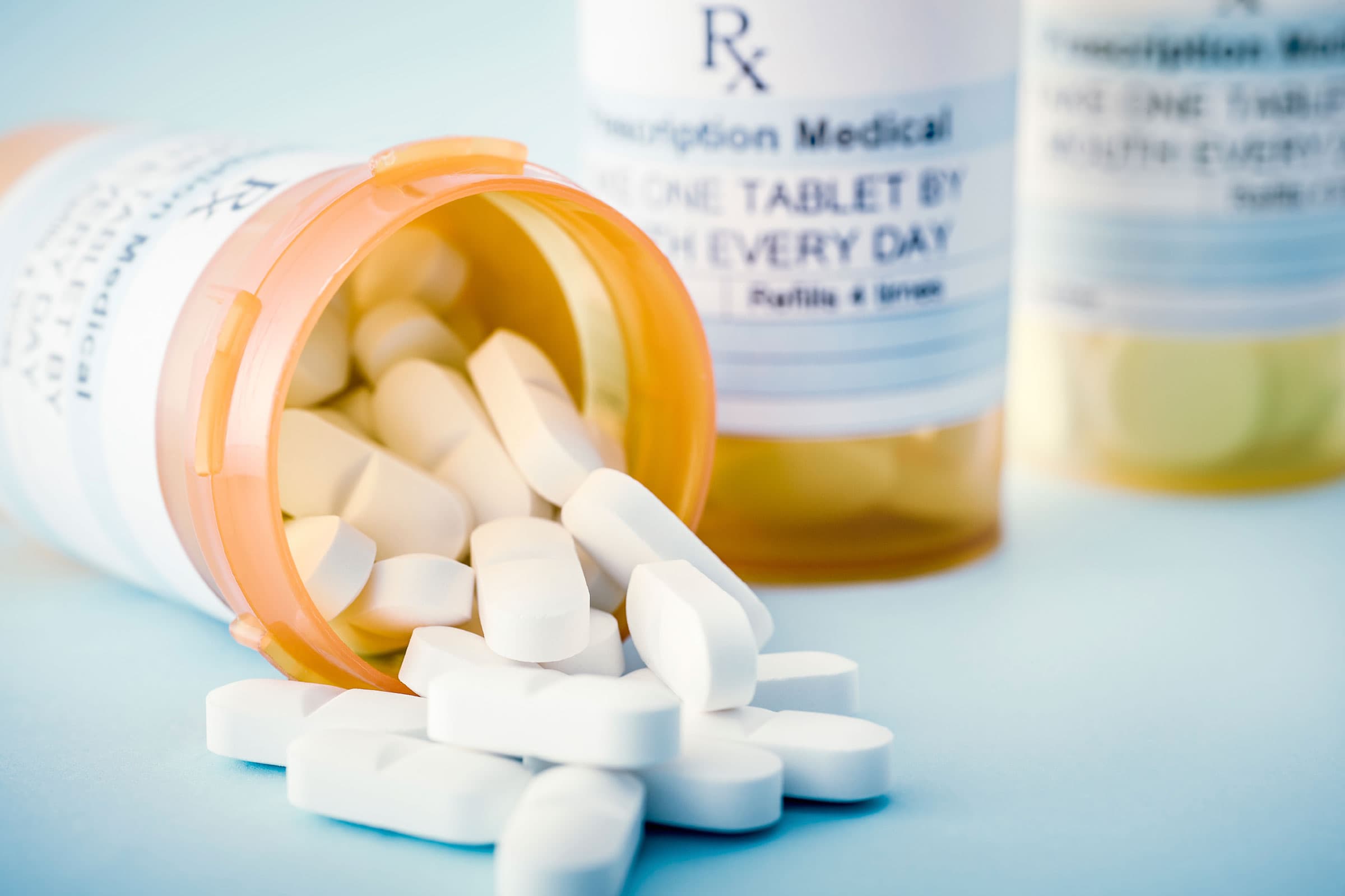
With out-of-pocket costs rising for patients, policymakers at the state and federal level are focused on finding solutions to lower costs.
Unfortunately, the well-intentioned effort has led Florida’s policymakers to support a drug importation proposal that could put Floridians at risk.
In my role as president of the nonprofit statewide organization the Oncology Managers of Florida, I am dedicated to the education and support of those working and caring for cancer patients in the community practice setting.
In the past two years, Florida oncologists have been prosecuted in federal courts for purchasing black market and/or counterfeit medications for use in their practice and placing their patients’ lives at risk.
Florida has had issues with counterfeit/adulterated medications since the mid-1990s.
During that time, oncologists purchased the drug Procrit, used to stimulate the growth of red blood cells for use in patients receiving chemotherapy, from a wholesale distributor to later discover certain lots of the medication had been tampered with before reaching the distribution network and posed serious risks to their patients.
The Food and Drug Administration is responsible for ensuring that food, drugs, biological products, and medical devices are effective and safe for public consumption. They prohibit any drug from being introduced or delivered into interstate commerce unless approved by the FDA.
The supply or distribution chain allows numerous opportunities for drugs to become mishandled or adulterated, whether in the United States or abroad.
Dr. Scott Gottlieb, who recently stepped down as director of the FDA, shared on social media that he has “seen too many cases where intermediaries purporting to import Canadian drugs really source drugs from unreliable parties and counterfeiters. Just because they say a drug is from a physical Canadian pharmacy, too often that’s false advertising.” This sentiment is shared by the federal Health and Human Services as well with no secretary ever supporting an importation proposal.
The FDA does not, and cannot, regularly inspect every foreign facility. They don’t have the resources or authority to effectively enforce an international drug importation program.
And, we currently do not have a sufficient number of law enforcement officers to inspect and confiscate misbranded/adulterated drugs to prevent black market drugs from entering the U.S., disguised to look identical to those from the manufacturer.
In a recent editorial in The Wall Street Journal, the editorial board indicated that the importation proposal was “impractical, unsafe and unlikely to reduce prices at the pharmacy.”
The editorial continues on the ramifications of this proposal: “This is a dangerous moment for the world’s most productive and dynamic market for medicine.”
If we rush to resolve our long-standing issues of the rising out-of-pocket costs by importing drugs both from Canada and abroad, we are placing all Floridians at risk. There are a number of other proposals being discussed, such as ensuring the billions of dollars in rebates are seen in direct out-of-pocket costs by the patient at the pharmacy counter.
This is an issue that requires careful scrutiny and collaborative efforts from manufacturers through to the end user — the patient.
___
Michelle Flowers is president of the Oncology Managers of Florida, a professional organization committed to providing information and educational support as well as implementing changes in medical policies and governmental issues for oncology practice managers in Florida.




One comment
Dan
April 24, 2019 at 9:41 pm
Big Pharma and Monopoly HMOs who require kick backs, leving the entire cost to the patience are feeling the pressure. Lying commercials, misrepresenting Canadian drugs as Chinese drugs. if drugs are made in China, then they are manufactured by Big Pharma there. I hope our Senators stand up to these parasites.
Comments are closed.